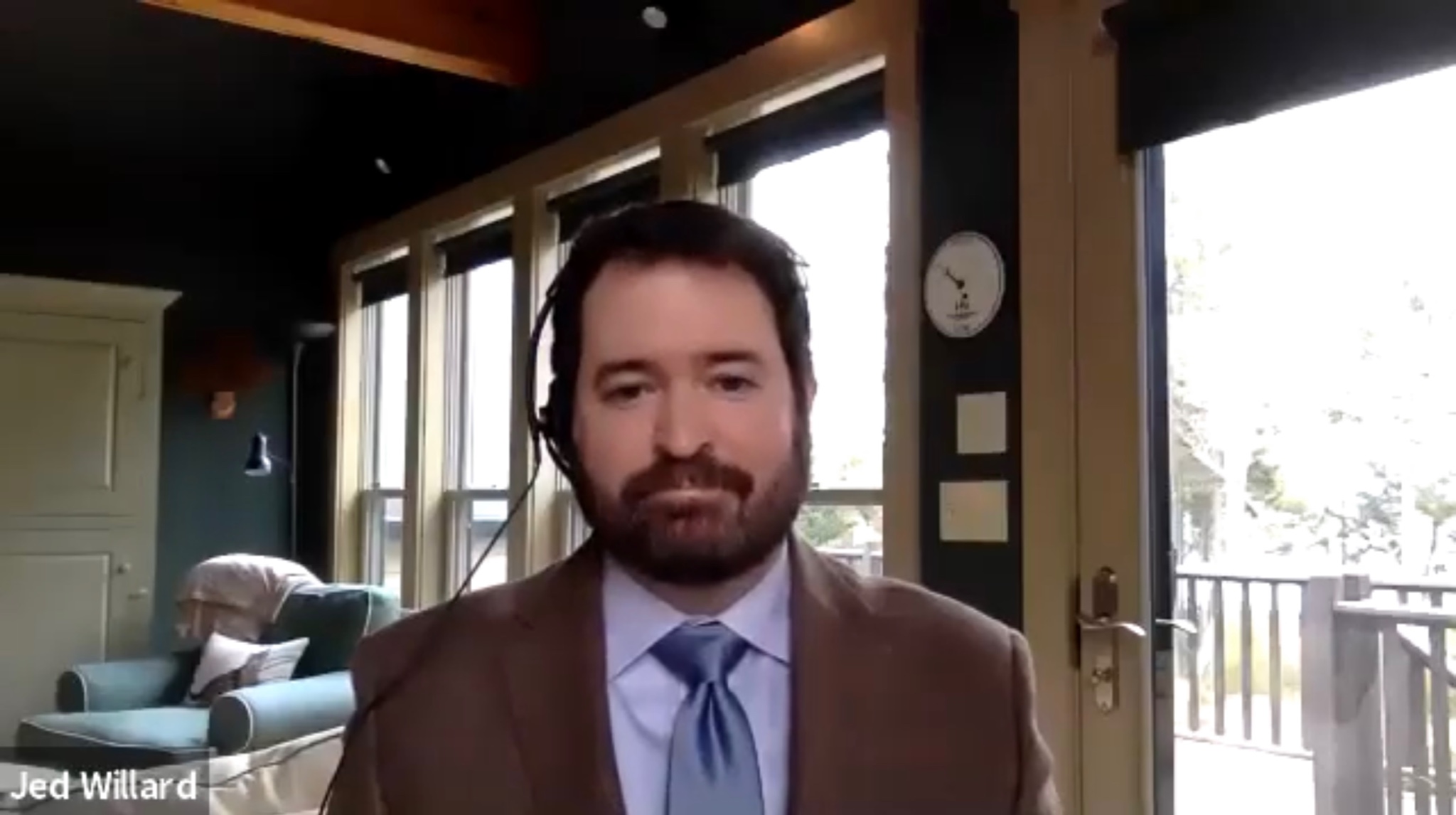
Event Recap: Matching Rhetoric to Actions: A Hard Look at U.S. Soft Power in a Biden Administration
On January 13th, the American Security Project (ASP) hosted a virtual seminar on public diplomacy as part of its series “Looking Beyond the First 100 Days: Challenges and Opportunities for a New Biden Administration”. ASP COO Andrew Holland provided introductory remarks. Ambassador (ret.) Barbara Bodine and Jed Willard, Director of the Franklin Delano Roosevelt Center for Global Engagement joined the panel along with ASP Fellow for Public Diplomacy Matthew Wallin.
In his introductory remarks, Holland discussed how soft power has declined within the past few years, and that the Biden administration will need to work hard to rectify this and move forward. He discussed how the rhetoric has not been matching actions, and we need to correct this.
Jen Willard started off the conversation by introducing four unique lenses to study how the Biden administration and Congress can work to improve soft power. These approaches include: restructuring and rearranging, whole of government, whole of society, and building our city on the hill. Ambassador Bodine responded to this by stating that rebuilding soft power will need to utilize a holistic approach that includes all approaches. She discussed that this is an ongoing challenge that doesn’t end, our policies and outputs must be constantly moving forward and adapting.
Wallin then responded to Holland’s question on how we can align American values with our policies, goals, and actions. He states that there has been extensive damage to our soft power in recent years, and this is not limited to just the Trump administration either. Bodine echoed the sentiments and then asked that while our reputation has surely damaged, the question is has it been damaged beyond repair? She does not think it has, but it is going to be up to the Biden administration to begin the process of repair and reform.
Holland then turned the conversation towards how polling opinion of the United States matters to its perception, and the strategies that the government can take when engaging with a country with a government that doesn’t necessarily reflect the views of the public.
Willard noted that we should not be overly concerned about public opinion polling around the world. He drew attention to the fact that there are lots of opportunities for small wins at the local level of public diplomacy. Reengagement with the world is key to getting these quick wins. Bodine stated that we must find ways to support that public locally, and in ways that won’t get them in trouble. She highlighted that it is important that we do not be coercive in imposing our will on others. Instead, we must inspire change.
Holland then asked Wallin what his views are on restructuring in the State Department and in government more generally. Wallin responded by drawing attention to the fact that reimagining our soft power has to go beyond just restructuring. He said that the U.S. needs to set a better example at home, and abroad, in order to give people the chance to choose to and want to work with the U.S. and turn to us as opposed to Russia or China. We cannot be successful with an America first ideology; our success comes in part from working with and relying on allies and partners. Exchange programs are also going to be very important in the future, and the government should play a role in incentivizing and encouraging this.
Bodine closed with positive remarks about the state of the U.S. and soft power. She states that it is clear the majority of the U.S. wants us to re-engage in the world, and we just need to demonstrate that we can and will stay engaged.





